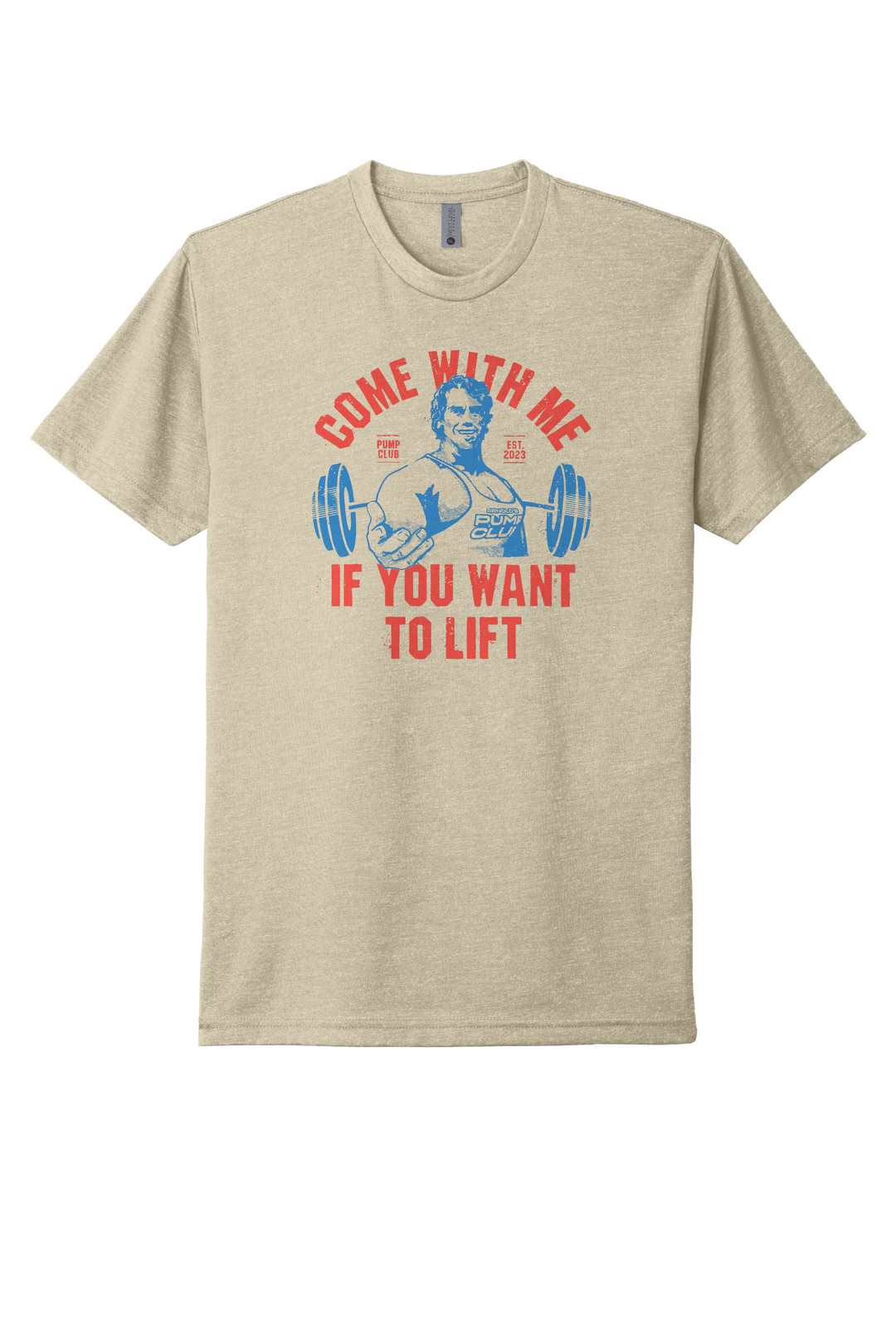Welcome to the positive corner of the internet. Here’s a daily digest designed to make you healthier in less than 5 minutes. If you were forwarded this message, you can get the free daily email here.
Today’s Health Upgrade
Positively delusional
5 mindset shifts for a rich life
How to turn anxiety into opportunity
Arnold’s Podcast
Motivation every day. Want Arnold to help you start your day? Each morning, we post a new podcast with tips you’ll find in the daily email and bonus stories, wisdom, and motivation from Arnold. Listen to Arnold's Pump Club podcast. It's like the daily newsletter but with additional narration and thoughts from Arnold. You can subscribe on Apple, Spotify, Google, or wherever you listen to podcasts.
Positively Delusional
Mark Twain once wrote, “Age is an issue of mind over matter; if you don’t mind, it doesn’t matter.” While it sounds good on paper, it also might be more than a clever line.
Research suggests that those who feel younger than their age are more likely to live longer, stay healthier, and have greater life satisfaction. This isn’t just about feeling younger because you’re healthy — it’s truly believing that your age doesn’t matter.
Scientists found that people who feel older tend to show higher scores for depressive symptoms and declining health.
Research also suggests that people who feel better about their age — that is, thinking they act or perform younger than they are — tend to have better health outcomes. Simply shifting your perspective about your age can result in improved memory, feeling less stressed, and a lower risk of dementia.
In other words, the saying “you’re as old as you feel” holds a lot of truth because your mindset can influence your physical health.
If you want to shift your beliefs, start with removing your negative thoughts about aging. People who think poorly about aging tend to age worse, whereas those who don’t view it as a negative age better.
The Guest Corner: 5 Mindset Shifts That Will Help You Live a Rich Life
Editor’s note: This week, we welcome back Ramit Sethi, bestselling author of I Will Teach You To Be Rich. Part of our goal is to share the voices that can help make you healthier, wealthier, and wiser. We hope these ideas can change your mindset and perspective.
I get emails all the time from people concerned about the wrong things — and it's holding them back from living their Rich Life. Here are five things you should focus on instead that will make a positive difference in your life:
Focus on what you can control. Being concerned about what the Fed is going to do or if your investments will return 7% or 4% is useless. You can’t control it — so why spend time worrying about it? Spend time worrying about the uncontrollable, and you'll neglect the things you can control: your calendar, savings rate, food, and sleep.
Adopt a growth mentality. A scarcity mindset is all about, “I’ve got this much money, I’m not going to let anybody touch it.” If you have a growth mentality, you’ll say, “I’m happy with what I earn, but I think I can do more. I can grow more, I can challenge myself.”
Spend consciously. Use the Conscious Spending Plan to make sure you’re saving and investing enough each month, while having 20-35% of your take-home pay for guilt-free spending.
Focus on the Big Wins. There are a few Big Wins in life where — if you simply get them right — you almost never have to worry about the small things: automating your finances, investing early and consistently, landing your dream job, etc.
Earn more money. Always focus on ways to earn more. Start a side business, go full-time if you want. There’s a limit to how much you can cut, but there’s no limit to how much you can earn.
Changing your mindset can help you get out of the mental traps holding you back so you can start crafting your Rich Life today.
How to Turn Anxiety Into Opportunity
Ever been in a situation where anxiety and emotion control your actions? If so, there’s a simple way to make sure you conquer life’s biggest moments.
Research suggests that acknowledging your emotions — rather than ignoring them — can help you calm down and rise up to the occasion.
In a series of studies out of UCLA, researchers subjected participants to unplanned and distressing situations, such as giving impromptu speeches in front of strangers. Half the participants were instructed to label their emotions. For instance, "I feel tightness in my chest," "I feel angst in my throat," or "I feel heat in my palms." The other half were not instructed to do anything special.
The participants who felt and labeled their emotions, what researchers call affect labeling, had significantly less stress and felt more at ease during their speeches.
While it might seem that owning your insecurity would give it more power, it’s the opposite. When you identify your emotions — especially the negative ones — it lessens the likelihood that the emotion will control you.
If you want to become a master of change, here are four tips from bestselling author Brad Stulberg to help you own the biggest moments. He calls it “the 4 P’s,” and it’s a simple protocol any time big emotions, stress, or anxiety hit:
1. Pause: Take a deep breath or two. Gather yourself.
2. Process: Label the emotions you are feeling. Tell yourself, This is what is happening right now, I'm doing the best that I can.
3. Plan: Now that you've collected yourself, make a plan for what you want to do going forward. Figure out what resources and skills you can bring to the situation at hand.
4. Proceed: Only then take action and proceed.
"Responding is harder than reacting," suggests Stulberg, "especially at first." It requires more psychic energy; it demands letting an urge to do something immediately, anything, be there without giving in. But like most things that require effort, responding tends to be advantageous. You rarely regret deliberately responding to a challenging situation, whereas you often regret automatically reacting.
—
Publisher: Arnold Schwarzenegger
Editors-in-chief: Adam Bornstein and Daniel Ketchell
























































